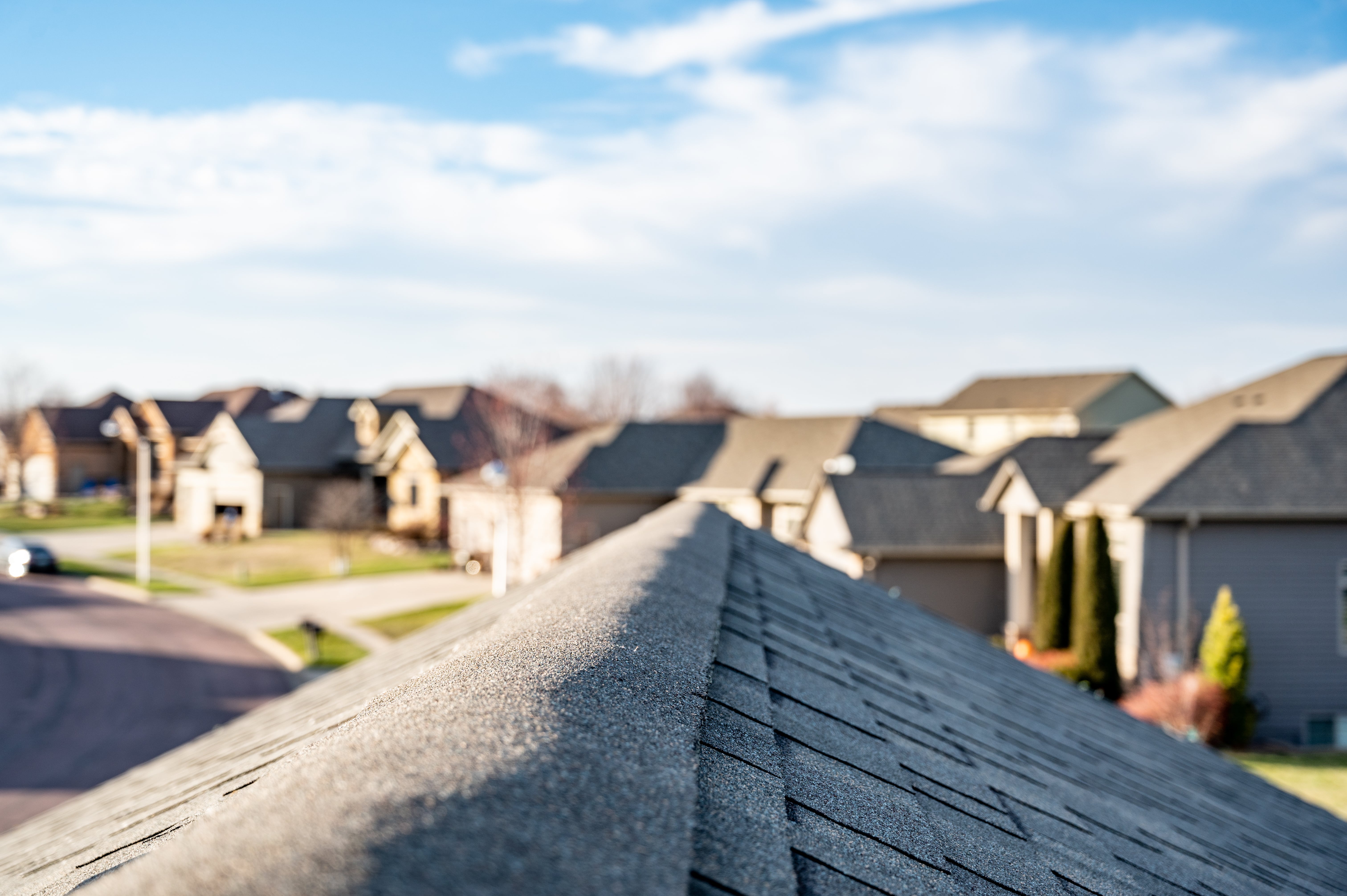Call today to schedule an inspection: (803) 261-4768
Home Inspection Blog Posts & Tips

The home inspection is one of the most important milestones in your real estate transaction. The inspection is the moment of truth and the buyer’s final chance to identify any problems with the home. When issues arise from the home inspection, who’s responsible for the repairs? As it turns out, there is no simple answer, there’s a lot that goes into determining who will pay for repairs after your home inspection.
What’s In Your Contract?
When you are planning to buy or sell a home, you may encounter contingencies that need to be taken into account .The contingencies are a list of things that must happen or not happen before the buyer and seller move to the next step. The contingencies determine instances where either the buyer or seller can walk away without a penalty. For example, there might be a contingency that states if any major issues are identified at the home inspection, the buyer does not have to move forward. However, in a more competitive seller’s market, buyers may make an offer with flexible contingencies. One of which includes agreeing to purchase the property “as is” meaning that you can’t back out of the transaction even if there are necessary repairs.
So who pays for repairs? It all depends on what you’re able to negotiate. A buyer who has agreed in the contract to purchase a home “as is” can request the seller to cover repair costs.In the case of a stricter contingency, a seller may be willing to cover the costs if it means moving forward with the sale.
Repair Request Negotiations
Just like most negotiations throughout the home buying process, figuring out who pays for what in terms of repairs after a home inspection generally requires a compromise on both ends.
Your home inspection report will show a detailed list of issues with the home. Generally most buyers tend to focus on the issues that are most important to them, rather than requesting the seller to fix every single issue with the home.
For example fixing pipe leaks carries more weight than something minor as minor repairs such as fixing weatherstripping around a door frame. A seller that’s interested in making the sale will most likely accommodate the repair request or make an associated price drop. On the other hand, a buyer who doesn’t want to risk out might just decide to fix their own repairs after they have moved in. When it comes to major repairs the sellers have a legal obligation to either repair or disclose serious issues with the home.
What fixes are mandatory after a home inspection?
Home inspection can turn up all kinds of issues, there are no mandatory fixes after a home inspection. However some repairs are necessary to make a home habitable, while others fall in a category that’s nice to have but not essential. Generally buyers should request fixes that address safety hazards and major structural risks to the property.
These may include:
- Mold or water damage.
- Roof damage and plumbing issues
- Fire or electrical hazards.
- Toxic or chemical hazards.
- Major structural hazards or building code violations.
- Trip hazards.
Cosmetic repairs aren’t mandatory. There are a few other things to consider when determining which fixes are considered mandatory to finalize a sale. There is a difference between repairs that a buyer requests than those that are mandatory by a lender or insurance company. It’s possible that you could be denied financing or insurance if the bank isn’t satisfied with results from the inspection and planned repairs.This means that certain fixes are mandatory for you to get a loan and close on the home.
Common Repairs Needed After A Home Inspection
Beyond the repairs that are needed to make the home safe and habitable here a list of common repairs that may make your home liveable.
- HVAC issues
- Plumbing issues ( leaks and poor water pressure)
- Broken appliances
- Roofing (if not categorized as a structural hazard)
- Drainage issues
What’s considered mandatory depends on the contract you’ve negotiated, and whether your financing is contingent on certain repairs being made.





